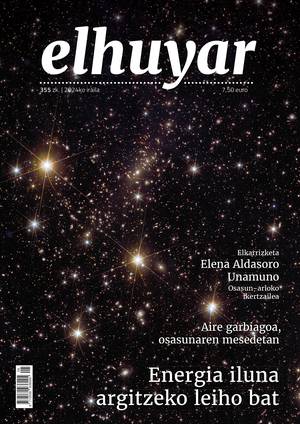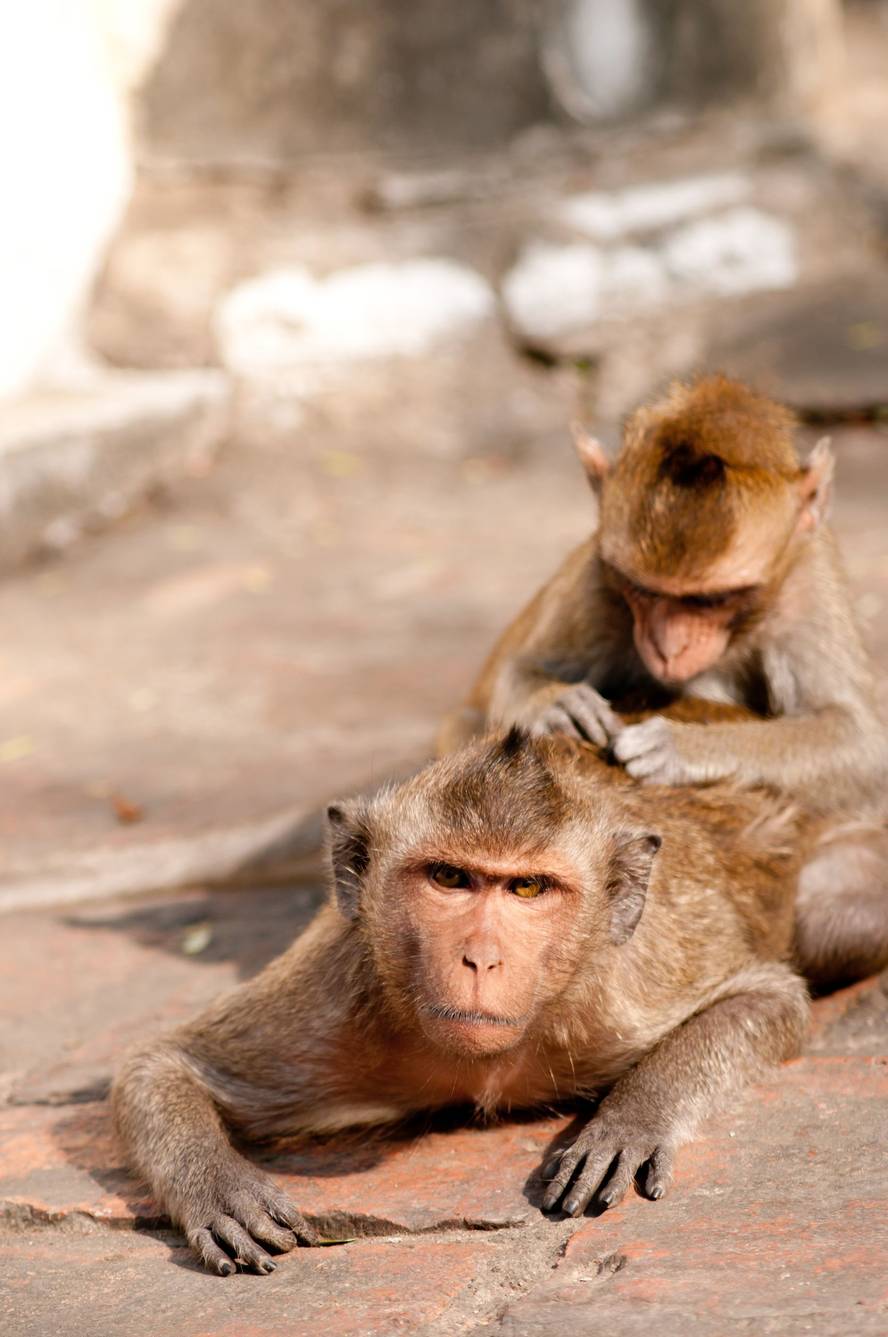The social status of macaques is reflected in gene expression
Individuals at the lower levels of social structures have poorer health status, the most obvious effects of stress, and are more vulnerable to disease. This happens in fish, also in bees and primates, including man. In order to clarify the cause-effect relationships between each other, a team led by Jenny Tung of the University of Chicago's Department of Human Genetics investigated the gene expression of 49 rhesus macaques and concluded that gene expression varies according to their hierarchical position. Specifically, the genes of some cells involved in the immune system (PBMC cells) have been studied and of the 6,097 observed expression changes associated with the status in 987 have been detected.
Controlling and equalizing conditions other than status, researchers divided macaques into small groups of five. The status depended on the order of integration in the group, as is customary in macaques, and this was reflected in the mutual behaviors of macaques (attacks, attempts to clean up…). Well, after genetic analysis, the researchers found a significant relationship between the gene expression of PBMC cells and the status of macaques, and even, from the genetic data collected, they were able to predict the status of 10 individuals with an accuracy of 80%. Likewise, by changing the group the macaques and, therefore, of level, they observed that the expression of the genes also changed: the pattern corresponding to the new status was quickly imposed on the cells.
Researchers at the University of Chicago have also studied the possible molecular mechanisms of expressive changes, and found that, in more than two-thirds of cases, there were two changes in tissue composition and regulation of glucocorticoids due to stress. Differences in DNA methylation have also been found to distinguish high and low status macaques.
According to the researchers in the article published in the journal PNAS, the results obtained indicate, on the one hand, that the relationship between status and gene expression is due to status and not the other way around, and, on the other, to the high plasticity of gene expression. >







